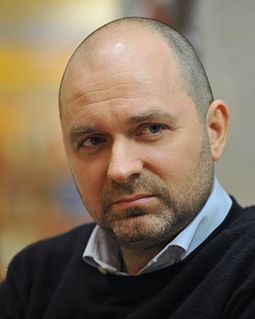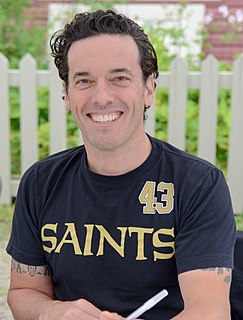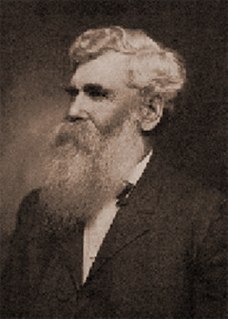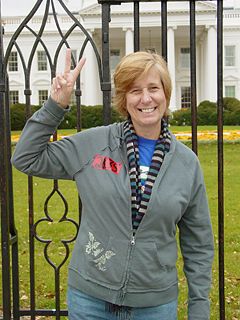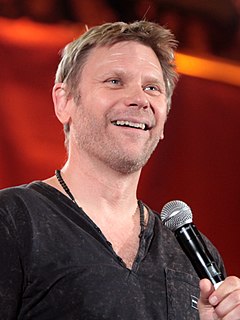A Quote by Jocelyn Wildenstein
When the children were growing, I didn't want to speak about the family.
Related Quotes
Another very interesting chapter is the education of children: the victims of problems of the family are the children. The children. Even of problems that neither husband nor wife have a say in. For example, the needs of a job. When the dad doesn't have free time to speak to his children, when the mother doesn't have time to speak with her children.
There are 45 million children in Africa who are not in school. While other children are learning, exploring, and growing in the myriad ways that children were meant to grow, these children are trapped in a life of constant struggle. Without education, how can they be expected to escape such struggle? How can their children?
In Israel, it always meant - and a lot of that is still true - there was only one kind of man you could be, there were no alternatives, no options. If you were from a good family, you were supposed to be a successful soldier at 18 and be strong, and prepared to protect your wife and family, or family and children, and be prepared to die for your country.


